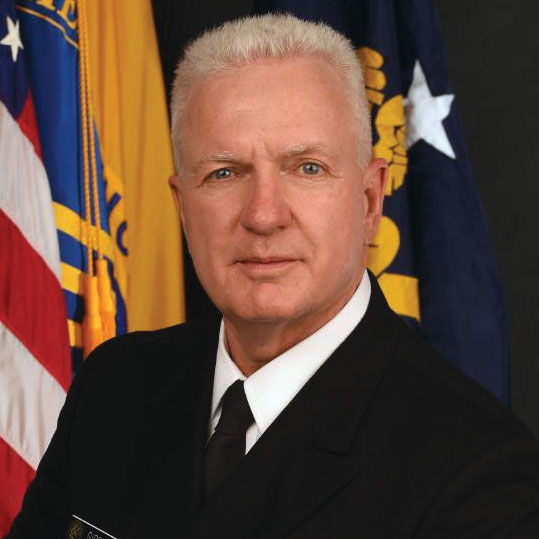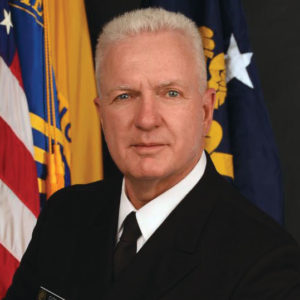

The federal government has allocated an additional $300 million to support the nation’s overall point-of-care testing program, which may have already saved tens of thousands of lives, the country’s top testing czar said Thursday.
The additional funding will be used to purchase another 60 million Abbot BinaxNOW tests and equivalent technology, Assistant Secretary for Health Adm. Brett Giroir, M.D., said during a press briefing. Giroir also highlighted the nation’s overall testing strategy throughout the pandemic and stressed the importance of point-of-care devices to long-term care.
“By mid-September, every nursing home that could function as a lab … received point-of-care instruments, and 5.3 million point-of-care tests [were distributed overall]. That saved thousands, if not tens of thousands, of lives. We followed that on with the next innovation — the BinaxNOW rapid antigen card,” Giroir said.
“These are all reinforced by [Centers for Medicare & Medicaid Services] guidelines, favorable reimbursement policies, standards and infections. There has been continual [Centers for Disease Control and Prevention] guidance and considerations and even the public health service has sent strike teams to dozens of nursing homes to help them not only with testing, but also care,” he added. “We continue that kind of work.”
Overall, about 50 billion BinaxNOW tests have been sent to nursing homes, assisted living facilities, Native American tribes and Black colleges. Point-of-care testing is the result of the emphasis the federal government placed on recognizing newly emerging outbreaks quicker and protecting the vulnerable, like seniors, throughout the pandemic, Giroir explained.
“We know since very early that as much as 40% of mortality, particularly early in the pandemic, were localized to people who were in nursing homes,” he added. “We know that people over 75 were at the highest risk, along with people of any age who have comorbid conditions and particularly racial and ethnic minorities. So, it is vital to protect them.”





